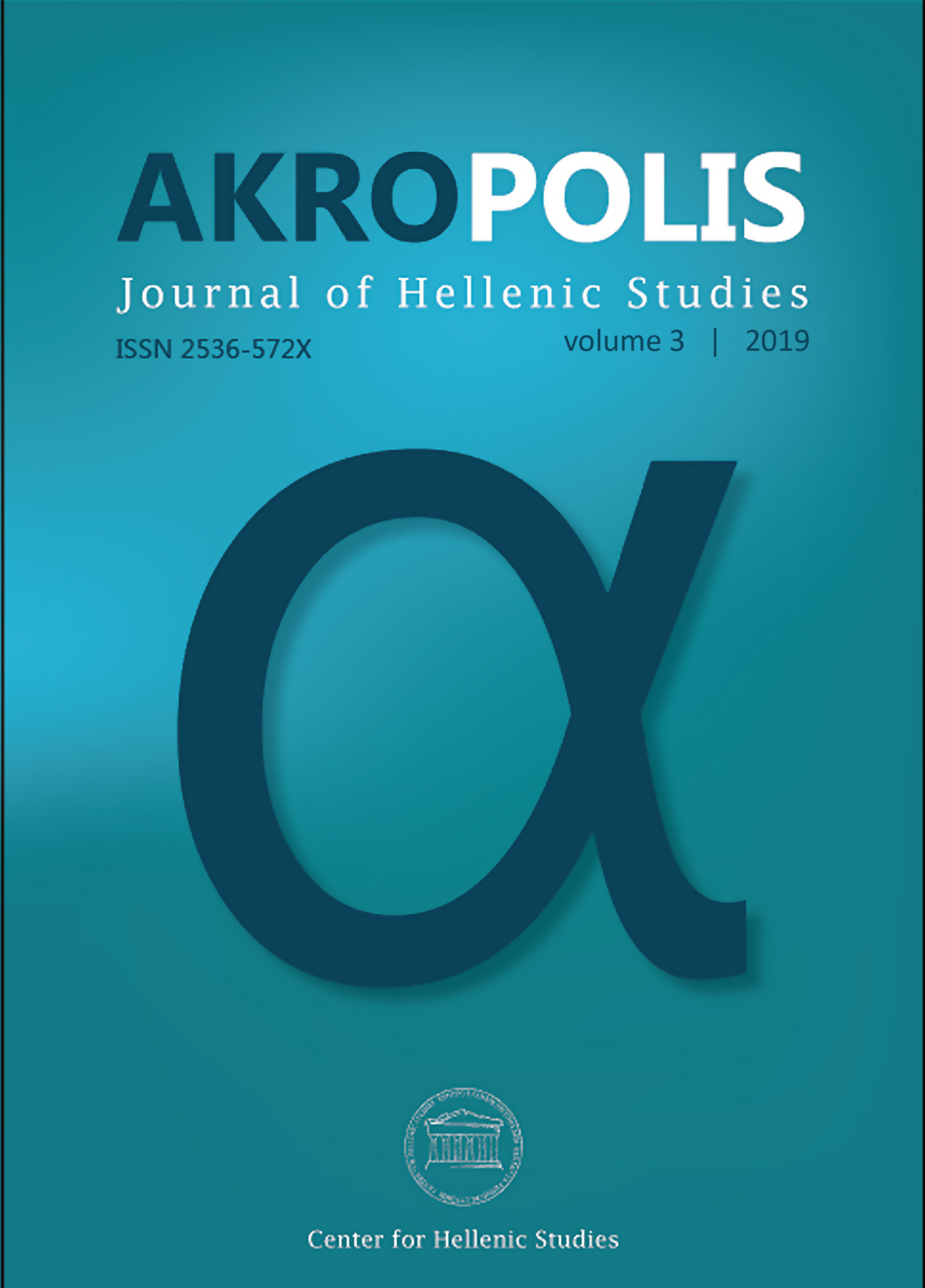The Ancient Knowledge of Sais or See Yourselves in the Xenoi: Plato’s Message to the Greeks
The Ancient Knowledge of Sais or See Yourselves in the Xenoi: Plato’s Message to the Greeks
Author(s): Marina MarrenSubject(s): Ancient Philosphy
Published by: Центар за хеленске студије
Keywords: Atlantis;Persia;Egypt;Plato;
Summary/Abstract: It is easier to criticize others and their foreign way of life, than to turn the mirror of critical reflection upon one’s own customs and laws. I argue that Plato follows this basic premise in the Timaeus when he constructs a story about Atlantis, which Solon, the Athenian, learns during his travels to Egypt. The reason why Plato appeals to the distinction that his Greek audience makes between themselves and the ξένοι is pedagogical. On the example of the conflict between Atlantis—a mythical and, therefore, a foreign polis— and ancient Athens, Plato seeks to remind the Greeks what even a mighty polis stands to lose if it pursues expansionist war. On the example of the failure that befalls the mythical Atlantis, and on the basis of the religious similarity between ancient Athens and ancient Sais (21e), Plato bridges the distance between the Greeks and the Egyptians, who would have been seen as actual (as opposed to mythical) ξένοι. The next step that Plato encourages his contemporaries to take is this: look at the history of Egypt (8 – 7BC) and the internal conflicts that led to the demise of the last bastion of Egyptian power—Sais—and recognize in the internal political intrigues of the “Athens-loving” (21e) ξένοι the pattern of the destructive actions of the Greeks. Plato moves from the less to the more familiar—from the story about a mythic past and Atlantis, to ancient Athenians, to ancient Egyptians, to the Egyptians and Athenians of Solon’s time. The meeting between the ξένοι—the Egyptians at Sais—and the quintessentially Athenian Greek, Solon (7BC – 6BC), undeniably problematizes the customs, national identity, and political dealings of Plato’s contemporaries, the Greeks in the 5BC – 4BC.
Journal: Akropolis: Journal of Hellenic Studies
- Issue Year: 3/2019
- Issue No: 1
- Page Range: 129-149
- Page Count: 20
- Language: English

